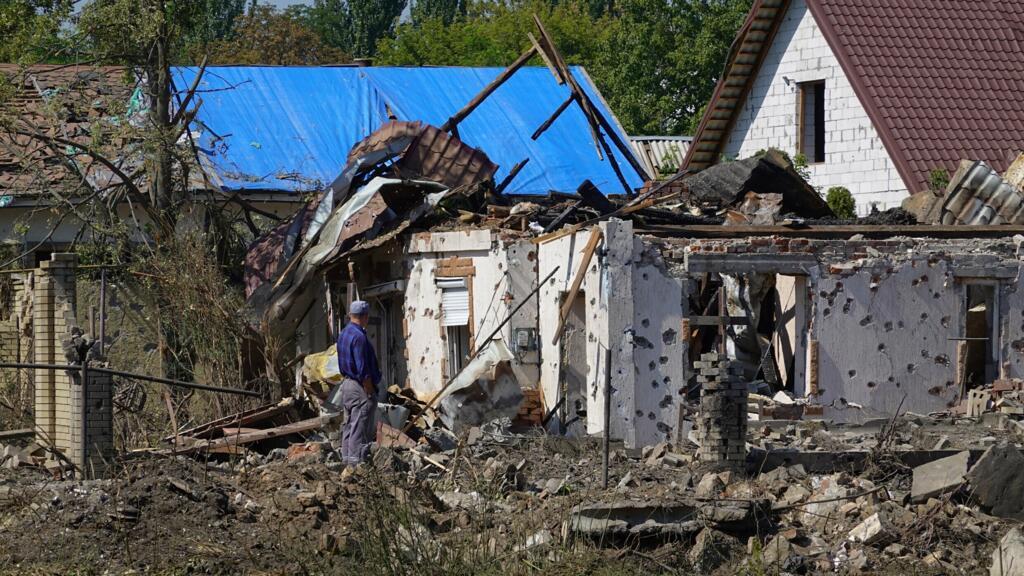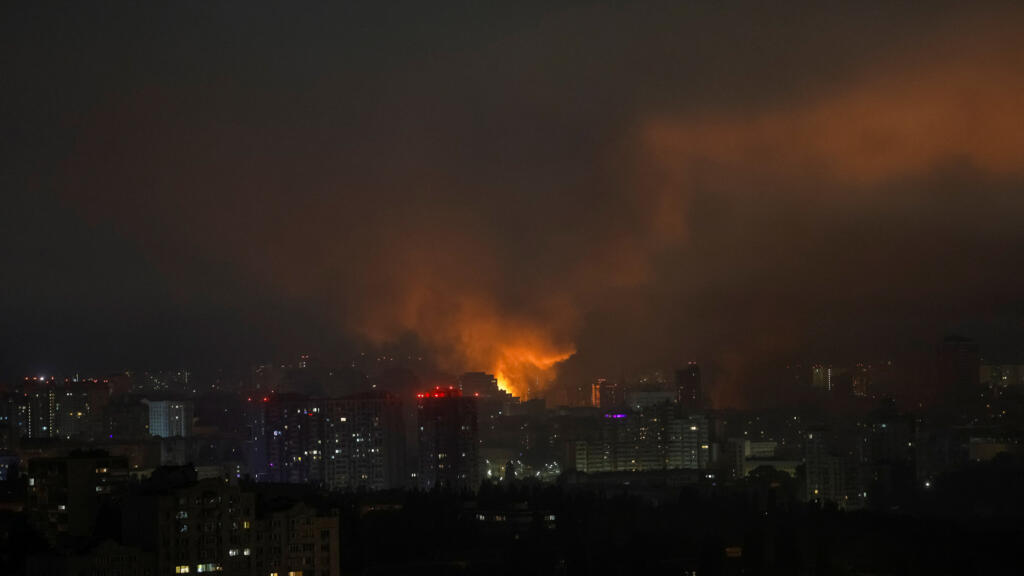Elections Called in Republika Srpska Amid Political Turmoil
On Thursday, Bosnia announced an early election in its autonomous region, Republika Srpska, aimed at filling the vacancy left by outgoing president Milorad Dodik. This decision follows recent legal action that saw Dodik stripped of his presidential powers. Earlier this month, a court ruled that Dodik had consistently defied decisions made by the international peace envoy, raising questions about his governance and the stability of the region.
Milorad Dodik, a prominent figure in Bosnian Serb politics, has publicly dismissed the upcoming elections as "meaningless." He voiced concerns about the legitimacy of the electoral process and anticipated mass demonstrations among his supporters in the Serb-majority territory. Dodik's rhetoric reflects the heightened political tensions within Republika Srpska, especially given the ongoing scrutiny of his past executive decisions that have led to various legal challenges.
The backdrop of this political crisis includes longstanding issues surrounding the governance of Bosnia and Herzegovina. The country operates with a complex political structure that includes two entities: the Federation of Bosnia and Herzegovina and Republika Srpska. Since the end of the Bosnian War in the 1990s, the region has grappled with ethnic divisions and political challenges, making the stability of leaders like Dodik increasingly crucial.
The court's ruling against Dodik was a significant blow to his authority, undermining his previous efforts to consolidate power within Republika Srpska. This type of intervention by the international peace envoy reminds many of the fragile peace that has been maintained since the conflict ended. Observers note that Dodik's tenure has been characterized by a polarizing approach to governance, often leaning towards nationalism and defiance against the central government in Sarajevo.
Leading up to the elections, questions remain about how the political landscape in Republika Srpska will evolve. Critics argue that Dodik's dismissal of the electoral process could incite further unrest and highlight the deep divisions within the region. The calls for demonstrations reflect a broader dissatisfaction with the political status quo among Dodik's supporters, who may feel that their interests are not represented in the current governance framework.
The implications of the upcoming election extend beyond local borders, as the international community watches closely. Analysts suggest that the outcome could impact Bosnia's path towards greater integration within Europe and improve relations among its diverse ethnic groups. With the international peace envoy playing a crucial role in stabilizing the region, any resurgence of political instability could complicate ongoing peace efforts and hinder progress towards a unified Bosnia and Herzegovina.
As the electoral process unfolds in Republika Srpska, the focus will be on how the region's electorate responds to the evolving political circumstances and whether Dodik's predictions of widespread unrest come to fruition. The upcoming elections present not only a challenge for those in power but also an opportunity for the electorate to express their grievances and aspirations for the future of Republika Srpska.












